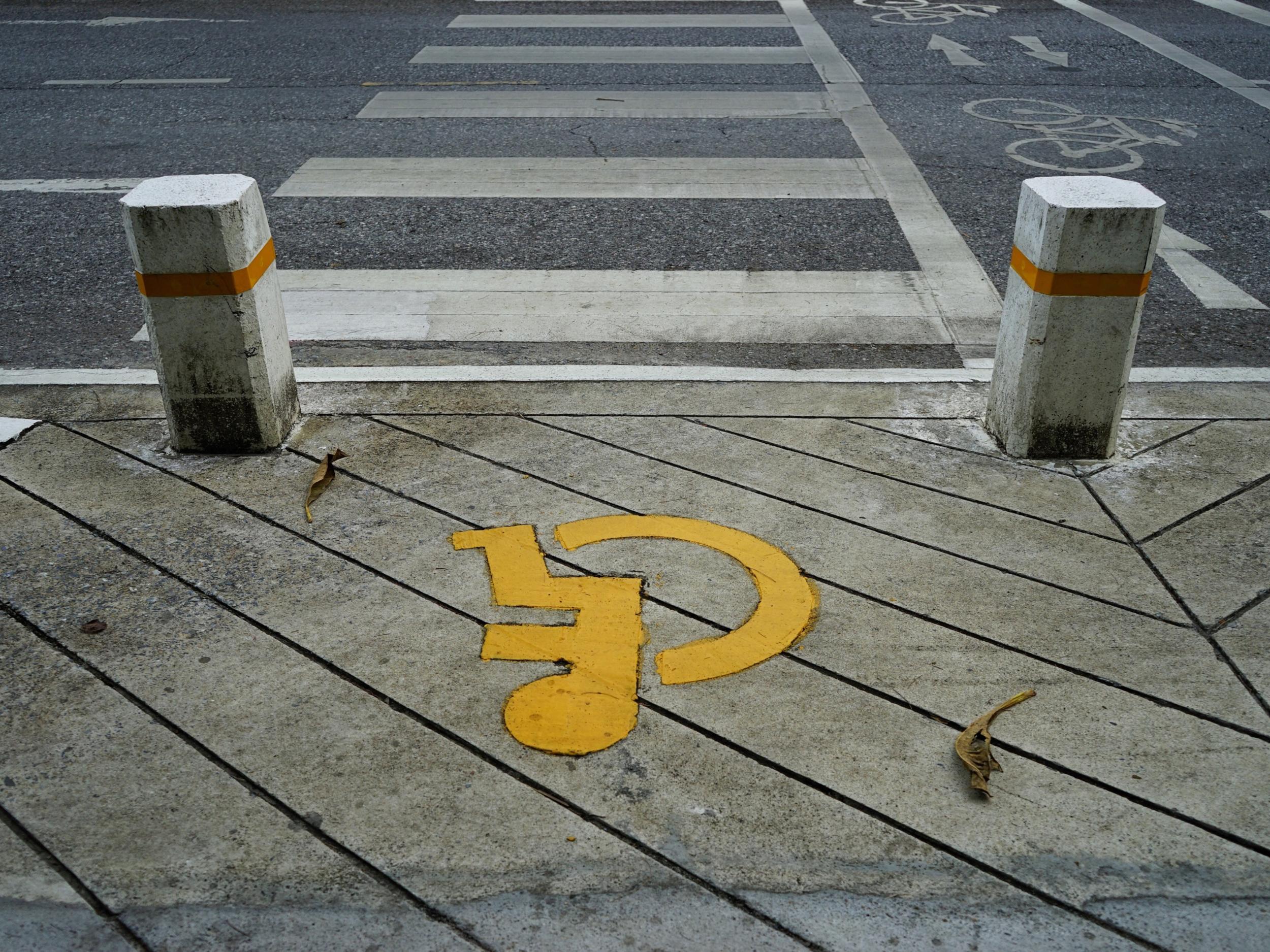Broadcasters commit to doubling number of disabled staff by 20202
The BBC, ITV, Channel 4 and Sky have backed plans to be 'more inclusive'

Your support helps us to tell the story
From reproductive rights to climate change to Big Tech, The Independent is on the ground when the story is developing. Whether it's investigating the financials of Elon Musk's pro-Trump PAC or producing our latest documentary, 'The A Word', which shines a light on the American women fighting for reproductive rights, we know how important it is to parse out the facts from the messaging.
At such a critical moment in US history, we need reporters on the ground. Your donation allows us to keep sending journalists to speak to both sides of the story.
The Independent is trusted by Americans across the entire political spectrum. And unlike many other quality news outlets, we choose not to lock Americans out of our reporting and analysis with paywalls. We believe quality journalism should be available to everyone, paid for by those who can afford it.
Your support makes all the difference.Broadcasters and ministers have committed to doubling the number of disabled people involved in television by 2020 to make the industry "more inclusive".
The BBC, ITV, Channel 4 and Sky have backed plans to increase the percentage of disabled employees from the current 4.5%.
The Government is supporting the scheme, with the Department of Work and Pensions (DWP) engaging in raising the proportion of disabled staff on screen and behind the scenes closer to the national level of disability, which stands at around 18% of the population.
The initiative has been pushed by the Creative Diversity Network (CDN), which monitors diversity in UK broadcasting.
Research by the organisation found a proportionately low number of disabled people working in broadcasting.
Sarah Newton, minister for disabled people, said: "Broadcasters should represent their diverse audiences, not only as employers but also through improving representation on our screens.
"Doubling Disability will play an important role in ensuring that the UK's 14 million disabled people feel represented in the media, with the potential to change public perceptions of disability for the better.
"I'm looking forward to working with the Creative Diversity Network to encourage the industry to be more inclusive."
The DWP is due to work with the CDN to offer Access to Work funding to make the workplace more accessible for disabled people, as broadcast industry leaders look to offer new roles and work to retain disabled employees.
Broadcasters have committed to redressing the apparently low proportion of disabled people in UK networks, including Channel 5 owner Viacom.
Lord Hall, director general of the BBC, said: "Diversity is vital to the BBC's commitment to serve the whole of the UK. As an industry we must do more to increase the number of disabled people working in broadcasting.
"We're fully committed to the CDN's Doubling Disability plan and want to do all we can to improve representation amongst our own staff and freelancers working across the industry."
Join our commenting forum
Join thought-provoking conversations, follow other Independent readers and see their replies
Comments